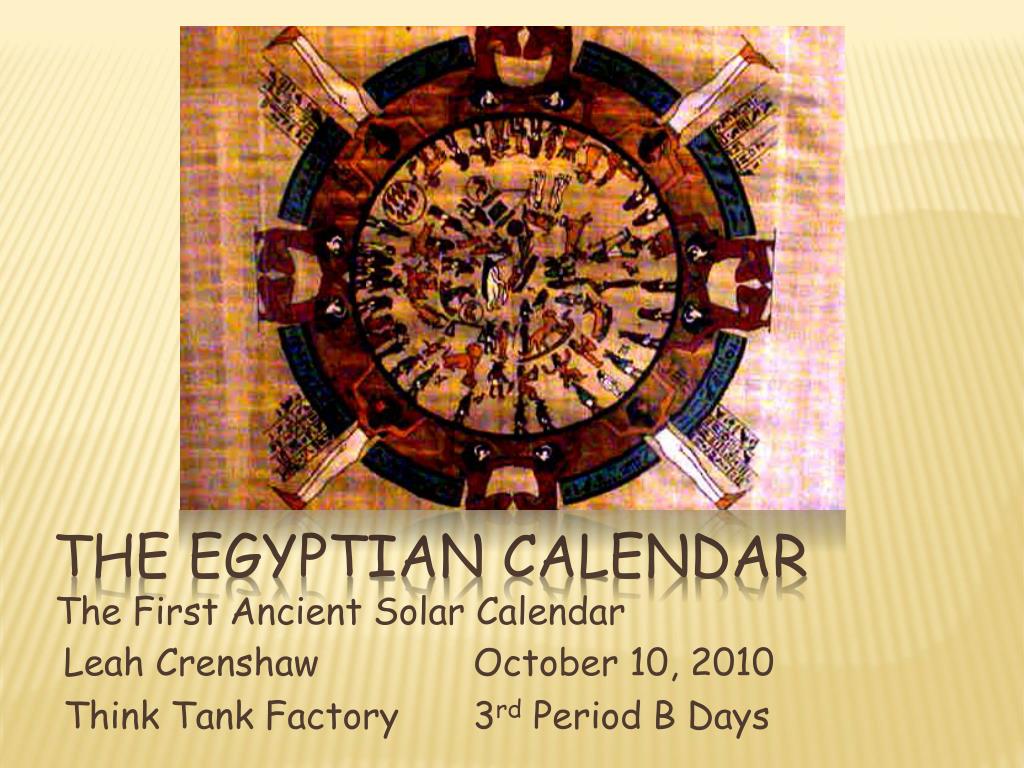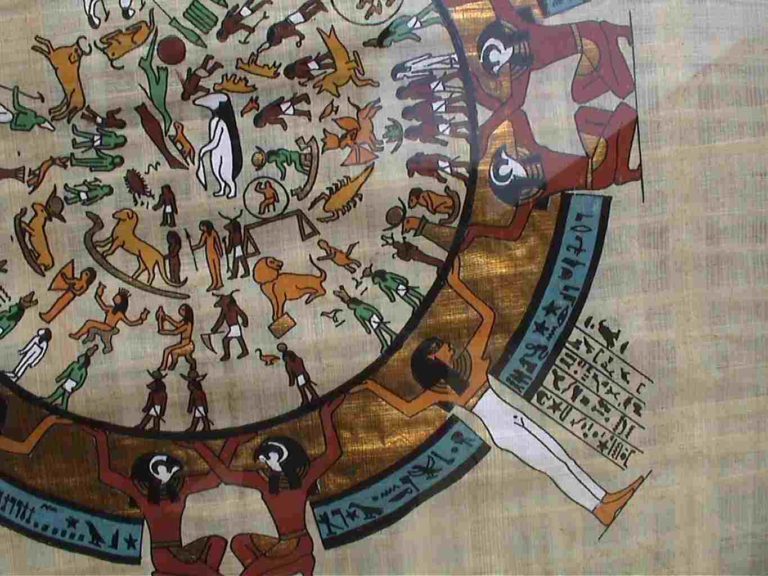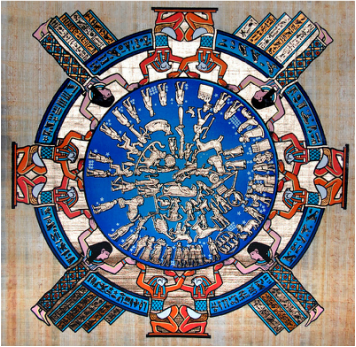Qut Calendar 2025: A Comprehensive Guide to the Ancient Egyptian Solar Calendar
Related Articles: Qut Calendar 2025: A Comprehensive Guide to the Ancient Egyptian Solar Calendar
- December 2025 Calendar
- Austin ISD School Calendar 2025-2026: A Comprehensive Guide
- 2025 May Printable Calendar: Free Download In High Quality
- Timeshare Weeks 2025 Calendar: A Comprehensive Guide
- Trinidad And Tobago 2025 Calendar: A Comprehensive Guide
Introduction
With great pleasure, we will explore the intriguing topic related to Qut Calendar 2025: A Comprehensive Guide to the Ancient Egyptian Solar Calendar. Let’s weave interesting information and offer fresh perspectives to the readers.
Table of Content
Video about Qut Calendar 2025: A Comprehensive Guide to the Ancient Egyptian Solar Calendar
Qut Calendar 2025: A Comprehensive Guide to the Ancient Egyptian Solar Calendar

Introduction
The Qut Calendar, also known as the Ancient Egyptian Solar Calendar, is an ancient timekeeping system that was developed in Egypt around the 3rd millennium BCE. It is based on the solar year, which is the time it takes for the Earth to complete one orbit around the Sun. The Qut Calendar consists of 12 months of 30 days each, with an additional five intercalary days added at the end of the year to account for the remaining 5.5 days of the solar year.
History and Development
The Qut Calendar was first developed by the ancient Egyptians during the reign of Pharaoh Amenhotep III (1386-1353 BCE). It was based on the earlier lunisolar calendar, which was based on the cycles of the moon. However, the lunisolar calendar was not accurate enough for the Egyptians, who needed a more precise system to track the seasons and agricultural cycles.
The Qut Calendar was a significant improvement over the lunisolar calendar. It was more accurate and reliable, and it allowed the Egyptians to track the seasons and agricultural cycles more effectively. The Qut Calendar was also used for religious purposes, and it was believed that the gods had created the calendar to regulate the natural world.
Structure and Organization
The Qut Calendar is divided into 12 months of 30 days each. The months are named after the ancient Egyptian gods and goddesses. The first month of the year is Thoth, which is named after the god of wisdom and magic. The last month of the year is Mesore, which is named after the goddess of harvest.
In addition to the 12 months, the Qut Calendar also includes five intercalary days. These days are added at the end of the year to account for the remaining 5.5 days of the solar year. The intercalary days are not part of any month, and they are considered to be outside of the normal calendar.
Usage and Applications
The Qut Calendar was used by the ancient Egyptians for a variety of purposes. It was used to track the seasons and agricultural cycles, and it was also used for religious purposes. The Qut Calendar was also used to determine the dates of festivals and other important events.
The Qut Calendar is still used today by some people, particularly those who are interested in ancient Egyptian culture and history. It is also used by some astronomers and historians to study the ancient Egyptian calendar and its relationship to the solar year.
Advantages and Disadvantages
The Qut Calendar has a number of advantages over other calendars. It is accurate and reliable, and it is easy to use. The Qut Calendar is also based on the solar year, which makes it more consistent with the natural world.
However, the Qut Calendar also has some disadvantages. It is not as flexible as some other calendars, and it can be difficult to adjust for leap years. The Qut Calendar is also not as widely used as other calendars, which can make it difficult to find information about it.
Qut Calendar 2025
The Qut Calendar 2025 begins on Saturday, January 1, 2025, and ends on Friday, December 31, 2025. The following table shows the months of the Qut Calendar 2025:
| Month | Start Date | End Date |
|---|---|---|
| Thoth | January 1, 2025 | January 30, 2025 |
| Paopi | January 31, 2025 | February 28, 2025 |
| Hathyr | March 1, 2025 | March 30, 2025 |
| Choiak | March 31, 2025 | April 29, 2025 |
| Tybi | April 30, 2025 | May 29, 2025 |
| Mechir | May 30, 2025 | June 28, 2025 |
| Phamenoth | June 29, 2025 | July 28, 2025 |
| Pharmouthi | July 29, 2025 | August 27, 2025 |
| Pachon | August 28, 2025 | September 26, 2025 |
| Payni | September 27, 2025 | October 26, 2025 |
| Epip | October 27, 2025 | November 25, 2025 |
| Mesore | November 26, 2025 | December 25, 2025 |
| Intercalary Days | December 26, 2025 | December 31, 2025 |
Conclusion
The Qut Calendar is an ancient timekeeping system that is still used today by some people. It is an accurate and reliable calendar that is based on the solar year. The Qut Calendar is also a valuable tool for studying ancient Egyptian culture and history.





.jpg)


Closure
Thus, we hope this article has provided valuable insights into Qut Calendar 2025: A Comprehensive Guide to the Ancient Egyptian Solar Calendar. We thank you for taking the time to read this article. See you in our next article!